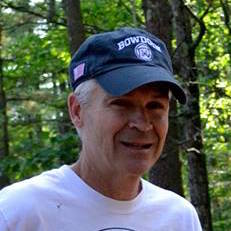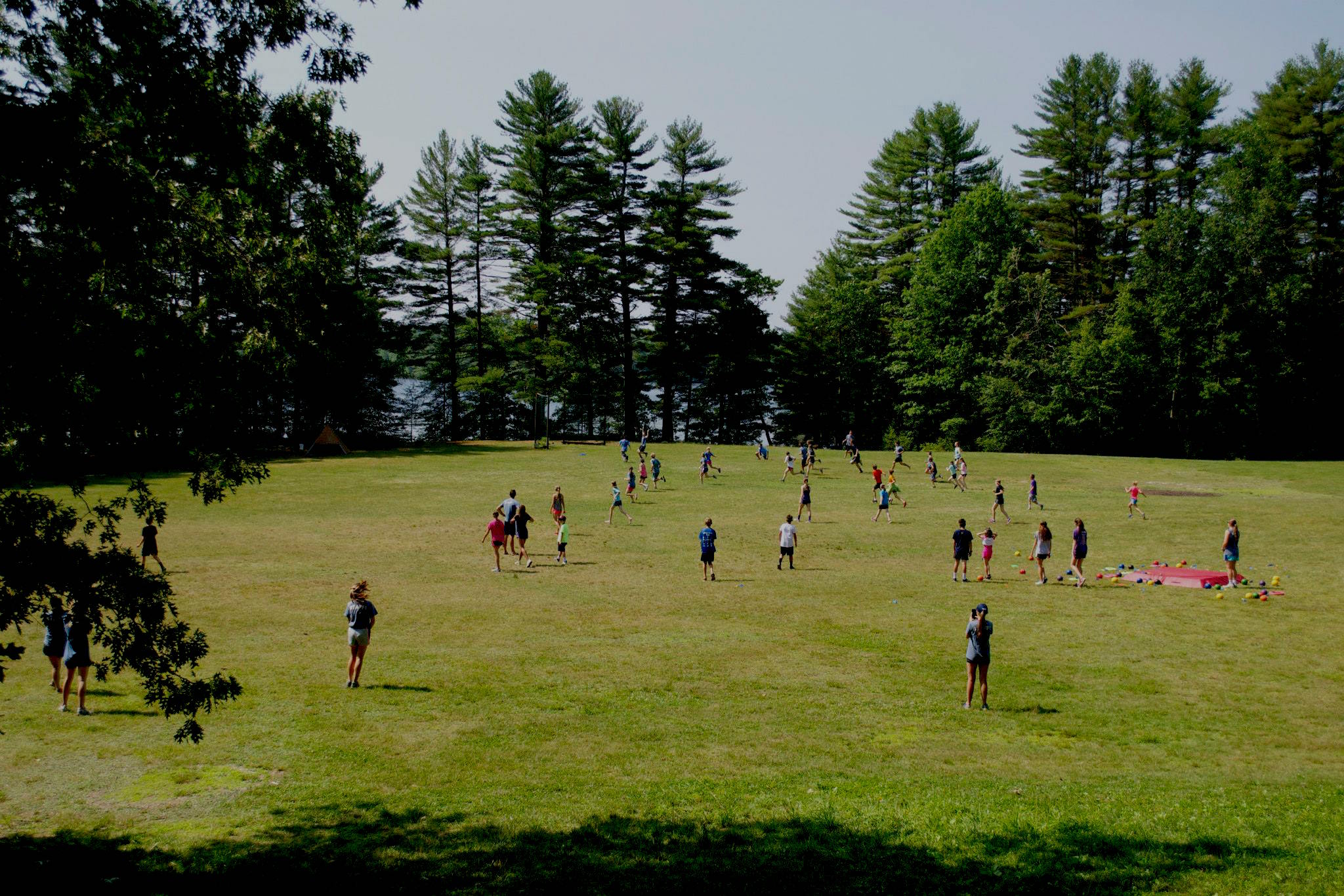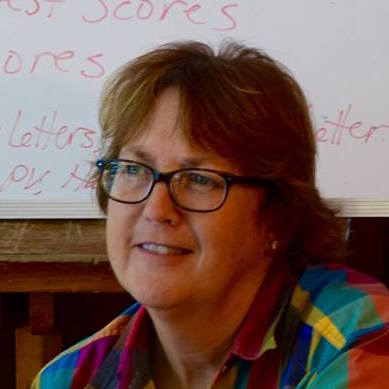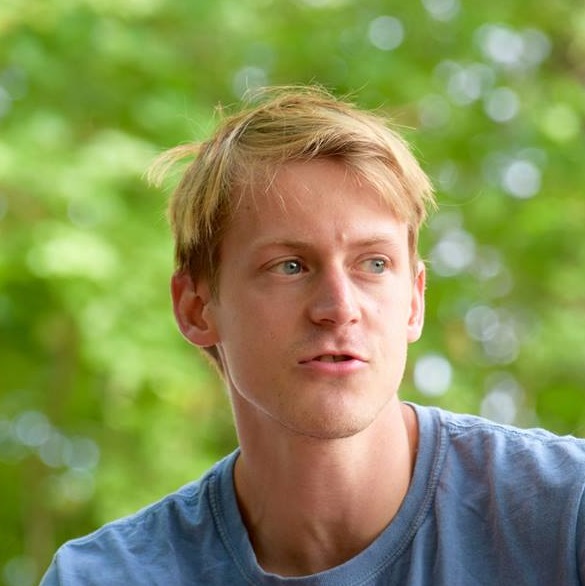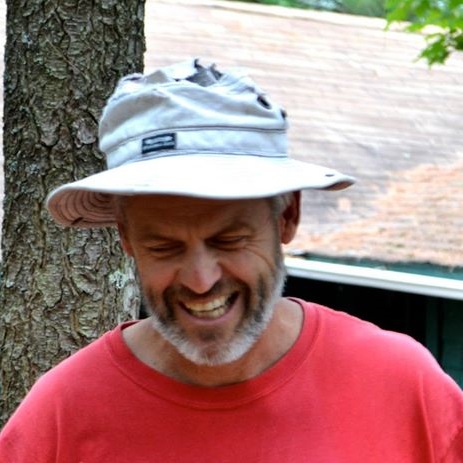Slovenski Camps are guided by the Liberal Arts traditions of Western
Civilization. We believe in helping campers learn what we call the
Liberal Arts for Children: swimming, dodgeball, capture the flag,
singing, dancing, paddling, sailing, manners, thoughtfulness,
reading classics, and cleaning up after ourselves. Summer camp
should be a place free from the distraction of glowing screens.
Campers will learn to have fun the way their parents and
grandparents did — playing outside. They will engage in unique,
exciting activities that teach real-life skills such as mental
toughness, how to work alone and in teams, how to quickly adapt to
new rules and conditions, and how to defend yourself with Battle
Rockets and dodgeballs.
A week at camp includes an important and long stretch of time away
from technology, phones, and social media when the brains of
children and teenagers are developing mental habits and pathways of
thinking. Campers enjoy in-person conversations all day. They are
also participating in games, education, and exposure to the arts
including classic literature, music, dance, and poetry. Campers hear
and often learn to memorize poems such as "No Man is an Island" by
John Donne, "If" by Rudyard Kipling, "The Happy Warrior" by William
Wordsworth, and "The Walrus and the Carpenter" by Lewis Carroll.
Camp also includes free time periods similar to the freedom children
have during school recess or while playing with friends in the
neighborhood.
Our talented staff is trained to inspire fair play, good
sportsmanship, bravery, and exercise. We play a lot of active games.
We use exercise for fun, and exercise for consequences. Similar to
an old school athletic team practice, our activities often include
running, push-ups, or swinging a lap. Counselors, campers, and even
camp directors participate in the active games and exercise. In the
fun of competition campers will create new friendships.
Each evening concludes with a campfire that features contests,
singing, dancing, recognition, stories, and encouragement for good
standards of self-reliance and friendship that we remember from our
Protestant Sunday school classes. "Thoughts for the Day" are read
aloud at campfires each night, and include wisdom of the ages such
as George Washington's "It is better to be alone than in bad
company", and "Do unto others as you would have them do unto you"
from Jesus in the Book of St. Matthew.
Children's Mental Health
Our summer camp program has been positive for childhood mental
health. We stayed open all through summers 2020 and 2021. Our camp
helps children enjoy childhood, while also learning a lot of things
that are good for mental health. Learning activity skills and how to
clean up after yourself are excellent elements of childhood
self-confidence.
Camp life is the opposite of social media. Brain researchers say,
“neurons that fire together, wire together.” Children at summer camp
are firing on the pathways that are involved with conversation,
clean-up responsibilities, reading, singing, activity choices, game
choices, decision-making in games, and humor. Campers who spend time
at summer camp have to learn how to use their brains, make
decisions, and interact in person with dozens of other children and
adults. No cell phones or social media opportunities are involved.
Our counselors coach campers in character development activities
such as meeting new people, welcoming new people, overcoming
challenges, dealing with the adversity of not getting what you want
all the time, being brave (in a safe setting), embracing high
standards of conduct, and learning the joys of self-reliance. Our
program emphasizes mental toughness and grit.
